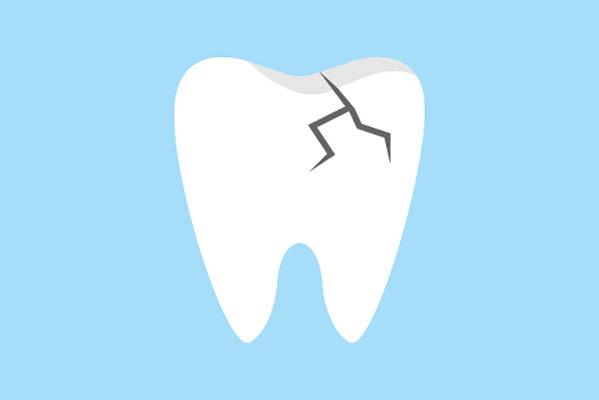 An implant dentist can replace a damaged tooth with a dental implant and dental crown attachment. This offers a long-term and secure hold that can last for more than a decade. This review discusses implant dentistry specifically for the purpose of replacing a damaged tooth.
An implant dentist can replace a damaged tooth with a dental implant and dental crown attachment. This offers a long-term and secure hold that can last for more than a decade. This review discusses implant dentistry specifically for the purpose of replacing a damaged tooth.
Damaged tooth replacement and implant dentistry
Learning that a damaged tooth needs replacement is disappointing, but the good news is there are effective teeth replacement solutions with implant dentistry. It is important to visit a dentist anytime a damaged tooth starts to cause discomfort, leads to gum swelling, or appears that it is loose and in need of removal.
When to replace a damaged tooth
When detected early and promptly treated, dentists can typically save a damaged tooth from needing to be extracted and replaced. However, whenever a tooth is severely damaged, the best option is often to remove it and replace it. Specifically, if the dentist cannot strengthen a damaged tooth with a dental crown or another type of dental restoration, the best course of action is to replace the damaged tooth.
The risks of not replacing a damaged tooth
If a damaged tooth falls out and is not replaced promptly, it could lead to other concerns that could make the replacement process more challenging, such as shifting natural teeth or bone atrophy in the jaw above or below the missing tooth.
Implant-supported crown: What you should know
Implant dentists recommend an implant-supported crown for replacing a single missing tooth after a damaged tooth falls out or needs extraction. An implant-supported crown involves a dental implant, an abutment, and a dental crown. The crown is a tooth-colored restoration that functions just the same as a natural tooth.
Implant dentistry vs. alternative teeth replacement options
Implant dentistry offers unique benefits that alternative teeth replacement solutions cannot provide, such as the ability to preserve the dentistry of the jawbone, fewer dietary restrictions, and implants that can last for more than twenty years. However, removable dentures and fixed dental bridges are often more affordable. In addition, they do not require a surgical procedure, so they may be right for patients who want a simpler treatment process.
How to determine if implant dentistry is right for you
The best way to determine if implant dentistry is right for you is to visit a licensed implant dentist. They can discuss your treatment goals and preferences with you, conduct an oral examination and order dental X-rays, and provide a professional recommendation as to whether or not implant dentistry is right for you.
Are you ready to schedule an implant dentistry consultation?
You can learn more about implant dentistry by calling our practice today and scheduling a consultation visit. During your visit, we can assess the severity of your damaged tooth and make a professional treatment recommended. We will always recommend saving your tooth if possible, but we can also replace it with an implant-supported crown if necessary.
Request an appointment or call Allure Dental WPB at 561-965-0292 for an appointment in our West Palm Beach office.
Related Posts
Implant dentistry is a popular form of teeth replacement due to its advantages over alternative options such as removable dentures and fixed bridges. Although dental implants are not at risk of decay, protecting natural teeth from decay remains crucial in keeping an attractive and healthy smile.You can protect your natural teeth and implant dentistry restorations…
Dental implants are often referred to by implant dentists as artificial tooth roots. This is because they work in a similar fashion as natural tooth roots. Dental implants hold replacement teeth (i.e. dental crowns) in a stable and strong position.By learning more about dental implants, you can determine if implant dentistry is right for you…
Patients missing one or more teeth may benefit from implant dentistry, which offers long-term replacement options. Continue reading to learn about replacing a single lost tooth with an implant. Implants are used to hold single crowns, bridges, or a whole set of teeth in place. Their application as fixed restorations, whether for single or multiple…
